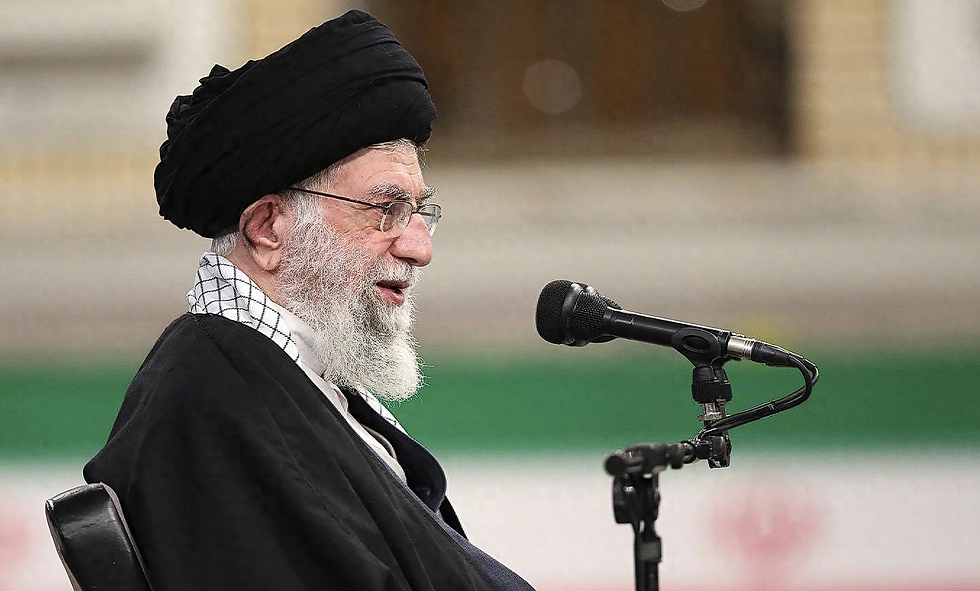A downgrade in visiting China? The first president to openly refuse to attend has emerged.
- CosDream News

- Aug 26, 2025
- 4 min read
On September 3rd, China held a military parade to commemorate the 80th anniversary of the victory in the Chinese People’s War of Resistance Against Japanese Aggression and the World Anti-Fascist War, which has drawn significant attention to the details.
The parade was meticulously planned, with each segment from the opening ceremony to the formation display striving for precision and perfection.

The entire event is expected to last around 70 minutes, featuring spectacular displays by 45 military units, showcasing not only China’s military power but also its comprehensive national strength.
However, what has perhaps attracted the most attention is whether foreign leaders will attend.
The Chinese Ministry of Foreign Affairs stated that the list of attendees will be announced later.
However, South Korea’s stance has been somewhat low-key.
South Korean media reported that President Lee Jae-myung originally planned to attend in person but later announced that National Assembly Speaker Yoo Won-sik would represent him.

This move has been interpreted by some media outlets as a "downgrading of the status," with some even labeling Lee as the "first president to publicly refuse to attend."
From a diplomatic perspective, this arrangement does not equate to strained bilateral relations.
In fact, the Speaker of the South Korean National Assembly holds a significant position in diplomatic etiquette, often referred to as the "third-ranking official."
Although not as important as the head of state, the Speaker’s role is still substantial.
This change may seem like a "downgrading," but it actually reflects South Korea’s cautious approach to diplomatic events, especially in the current complex international political environment.
Thus, this decision is a rational choice.
Moreover, South Korea’s decision to send the National Assembly Speaker instead of the president may also be influenced by domestic politics.

Lee Jae-myung, who has just taken office, is facing significant political pressure, particularly regarding how to handle relations with China, as the conservative anti-China sentiment within South Korea remains strong.
The conservative camp in South Korea is highly alert to every action of Lee, particularly on matters related to China-South Korea relations, as any misstep could become a target for public criticism.
Therefore, Lee’s decision seems more like a political move to avoid unnecessary controversy and internal strife.
For China, the "reserved seat" approach reflects diplomatic patience and strategic foresight.
This approach has not altered the direction of bilateral relations despite South Korea’s "downgrading of status," and instead, it appears more rational and tolerant.
China has not denied diplomatic exchanges with South Korea but has instead left open a window for continued dialogue and communication.
From a military perspective, this parade is undoubtedly an important opportunity to showcase China’s defense capabilities.
According to the latest information, the parade will feature a large number of active domestic military equipment, especially advanced unmanned devices, which not only showcase technology but also send a message about China’s progress in countering high-intensity combat and its anti-jamming capabilities.
The arrangement of the parade formations has been carefully designed, starting with the aerial flag-guard formation, followed by foot formations, battle flag formations, and equipment formations, ending with another aerial formation.
This structure demonstrates a comprehensive capability in command, firepower, and information communication.
This parade is not only a review of history but also an important platform for China to display its future military strategic direction.
The display of unmanned equipment and anti-unmanned equipment is particularly noteworthy, as they represent emerging forces in modern warfare, especially in countering enemy drones, smart munitions, and other strategic applications.
This part of the display will undoubtedly attract the attention of the international community.
From a logistical standpoint, the parade is backed by a massive coordination system.
The personnel, equipment, and aircraft involved in the parade require precise coordination to ensure that every detail runs smoothly.
From the BeiDou navigation system to simulation drills, and full-scale evaluations, these technical measures provide assurance for the successful execution of the parade.
The application of "flat-tech logistics support" and "single responsibility packages" highlights China’s efficiency and professionalism in military logistics, also showcasing the high combat readiness of the Chinese military to the international community.
For Lee Jae-myung, sending the National Assembly Speaker to represent him clearly reflects a dual consideration of domestic and foreign factors.
South Korea’s security relies on the U.S., while its economy is heavily dependent on China, which makes Lee Jae-myung’s handling of China-South Korea relations a delicate balancing act.
By not attending personally, he avoids further escalating anti-China sentiment domestically while effectively maintaining diplomatic balance with the U.S.
From China’s perspective, the "reserved seat" approach demonstrates its broad diplomatic outlook.
Through this approach, China did not react harshly to South Korea’s diplomatic gesture but instead maintained flexibility and strategic patience in its diplomacy.
This not only avoids diplomatic "rudeness" but also paves the way for further cooperation between the two sides on more practical matters.
In conclusion, the China-South Korea relationship has not fundamentally changed due to a military parade.
Although the South Korean president did not attend in person, this does not indicate a "rupture" in bilateral relations but rather represents rational decisions made by both sides based on their respective domestic political and diplomatic needs.
For China, the parade itself showcases its powerful defense capabilities, but the more important goal in diplomacy is maintaining opportunities for dialogue and cooperation.





Comments